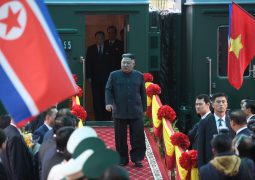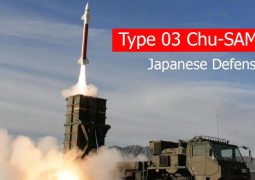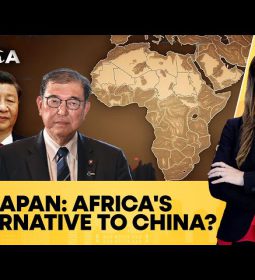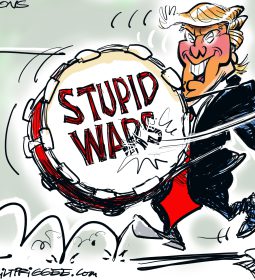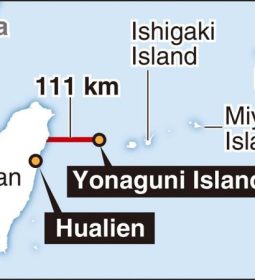Editorial: Manila, one of the world major rice producers, will import rice
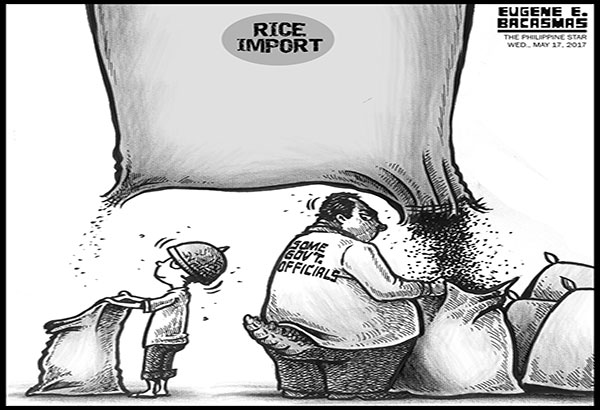
After blowing hot and cold on the issue, the government has decided that the country needs to import rice. This time, however, the administration is reportedly avoiding government-to-government deals, which an official said yesterday were prone to corruption. Instead the government will source rice from the private sector.
Because of developments in previous years, corruption is one of the biggest concerns in any decision to import rice. Despite reports of a bumper rice harvest, officials said yesterday that the nation’s rice buffer was becoming depleted, necessitating the importation of the staple.
In the recent past, industry experts have blamed the Philippine government for pushing up world rice prices due to massive importations that critics said were not necessary. Lessons should have been learned from rice scandals in the past. As the government prefers to resume rice importations, safeguards can be put in place to deter corruption, discourage price manipulation and rice cartels, and monitor the actions of public officials involved in negotiations and procurement.
President Duterte, who has promised a relentless war on corruption, must show that any rice importation under his watch will be different. Any importation must also balance the needs of local rice farmers, who are averse to imports, and consumers.
Rice, being the nation’s staple, is a politically sensitive commodity. The last thing the President should want is a scandal hitting rice importations approved under his administration. If he believes importing rice is necessary at this time, he can turn it into a model of how to go about it properly, without forgetting the welfare of local farmers, and with no taint of corruption.
- Previous Philly beauty Mocha gets senator Leila’s support (who blamed by government for corruption and picante scandals)
- Next Chinese military base in Djibouti necessary to protect key trade routes linking Asia, Africa, the Middle East and Europe



